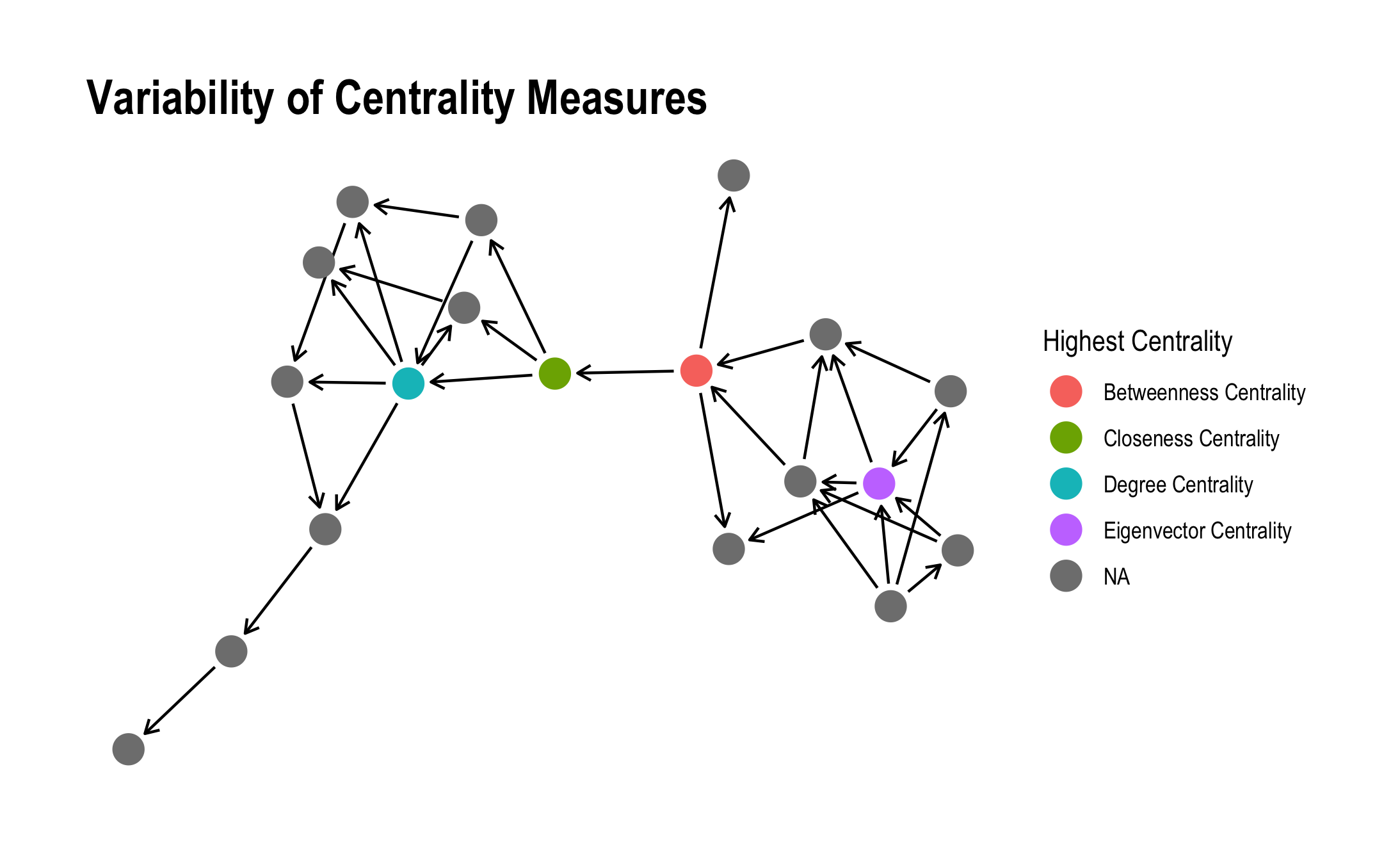Social Network Analysis with R
Dates
29-30 July
Register
here.
Target audience
The course caters for two types of participants. You are either in a data-analytical field and you want expand your repertoire to social network analysis; or you. Or you have a theory-heavy background and would like to learn how to use R to analyse network data. The course assumes prior experience with R, or python (with a fast bridging course prior to starting). Whether you are particularly interested in Social Network Analysis, or would simply like to be able to apply the “network lens” to unlock more insights, this course is appropriate. The course is accessible, but participants can quickly scale to more advanced outcomes. 
Objectives
First, the strong theoretical intuitions that have guided the field since the 1930s are introduced. This is done through starting at the origins of structuralism, telling the story of the sociologists' dark ages and the physicist hordes. Key theories such as the strength of weak ties, structural holes, the small world problem, and social capital are discussed. Next, the basics of network theory are introduced, by defining the building blocks to analyse networked data. With these building blocks, we can then proceed to the basics of analysing networks for patterns. This includes network position, network structure, and community detection. Lastly, we will discover branches of utilising the network lens in people analytics, social media data, and even natural language processing.
Expected outcomes
Participants will acquire the skills to:
Create, import and export network data
Analyse network level, node level and substructure metrics of network data
Learn to apply community detection and various wrangling procedures
Learn to visualise network data in meaningful ways
Recognise network data in non-obvious places and extract unique insights
Course format
There will be lectures, interwoven with practical exercises.
Participants will be encouraged to follow along with exercises and programming on their own laptops.
Requirements
Participants are required to have R, Rstudio and Gephi installed prior to the course.
The presenter 
Dr. Laurenz Cornelissen specialises in social network analysis, particularly expanding the application of network data to fields such as bot-detection and social media data. He holds a PhD in Decision-making and Knowledge Dynamics and started the Computational Social Science Research group at the Department of Information Science at Stellenbosch University. He is a social scientist who self-converted to something mimicking a computer scientist, he has a rich theoretical grounding in organisational and social science and is very enthusiastic about the application of computational methods.

